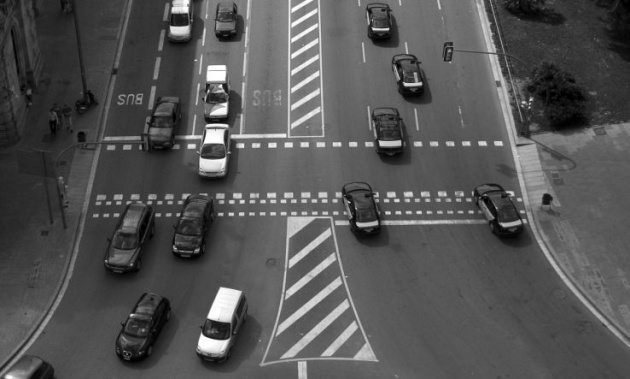
Urban transportation company Uber is having a rough week. The company is encountering legal struggles in a few of its international markets. On Monday, around 25 armed police officers searched the company’s office in Paris. In Germany, a court ordered a nationwide ban on Uber’s cheaper ride-sharing service UberPOP. In South Korea, executives and employees were charged with violating the transportation laws and many items were seized.
If you have been following the news, legal struggles are nothing new for Uber. But today’s news shows that it doesn’t seem to be getting any easier.
And it’s easy to understand why. According to its website, Uber is now available in 55 countries. Each country has its own legislation. Some very active local governments also have their say in Uber’s way of doing things.
In many cases, Uber launches a new branch and then figures out if it complies with existing laws. It’s a smart strategy as there are many ways to interpret a piece of legislation. But it doesn’t always work.
In France, there have been many attempts to limit Uber’s entire business. The so-called ‘15-minute law‘ was supposed to give an edge to taxi drivers. One month later, the law was suspended.
Uber then launched UberPOP in Paris. It was the company’s first rollout for its new ride-sharing service. As you don’t need a specific driver’s license to become an UberPOP driver, many professional drivers saw the new service as unfair competition. UberPOP was banned in Brussels, the Netherlands and, yes, France.
Yet, a court recently ruled that the French government couldn’t ban UberPOP that easily. That might explain the reason why 25 police officers were looking for evidence in Uber’s office.
It’s not over for UberPOP in France, but this incessant fight between Uber, the government and other official institutions shows that nobody knows what they should do. Uber is providing something intrinsically new when it comes to urban transportation. There are many concerns when it comes to employment, existing taxi driving licenses and more. Uber is pushing as hard as it can to be able to operate as freely as possible, while the government is still making up its mind about the relatively new company.
In South Korea, Uber had to suspend its UberX service as the company wasn’t complying with local transportation rules. Yet, the company kept UberBLACK cars on the road, stating that it was complying with the law with this service. Given that the police is still actively fighting against Uber, the company should get ready to experience another setback.
In Germany, Uber had a few problems with local governments. The service was banned in Berlin and Hamburg, and district court in Frankfurt later issued a temporary nationwide ban. But Uber managed to operate again in Germany.
Yet, the Frankfurt regional court is now targeting UberPOP. It has issued yet another nationwide ban. But this time, it’s just for UberPOP, and not just a temporary ban. Other services are unaffected.
It’s hard to tell whether Uber is adopting the right strategy by opening controversial services like UberPOP and then dealing with the consequences. But there is one thing for sure, this won’t be Uber’s last legal fight.



